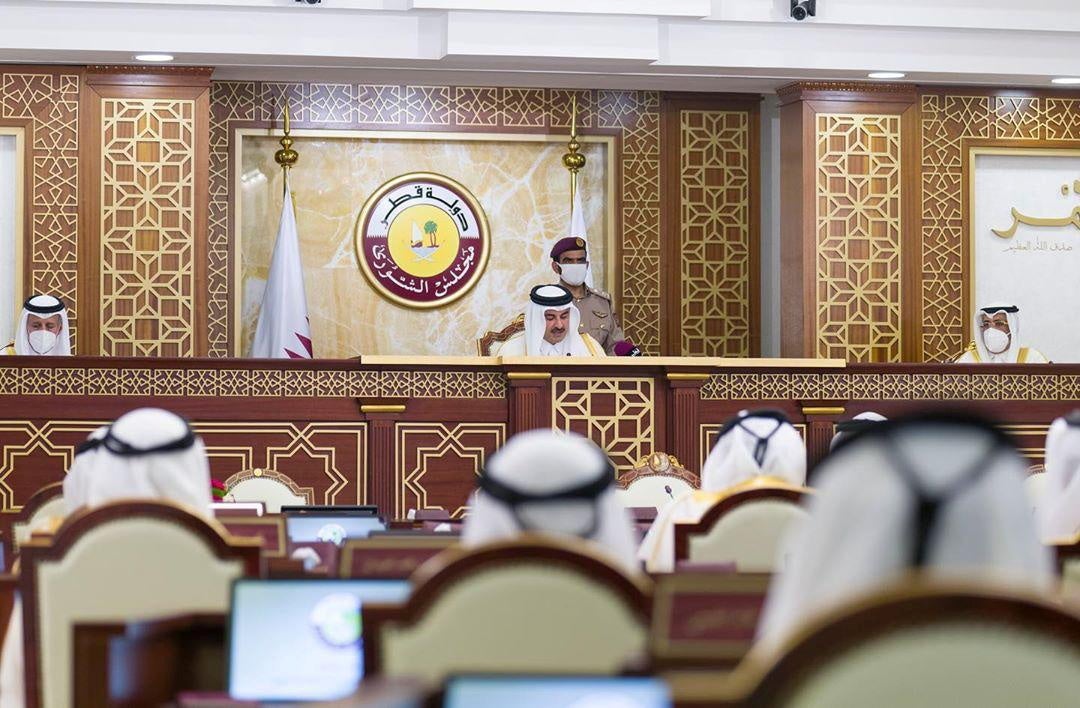World Cup nation Qatar to hold Shura Council elections for first time in 2021
Move is a long-promised political reform by the Gulf state

Qatar has announced it will hold direct elections to the country’s top advisory body for the first ever time, a long-promised political reform.
The country’s emir, Sheikh Tamim bin Hamad Al Thani, said in an annual address to the nation on Tuesday that elections will take place for the Shura Council in October 2021, notably little more than a year before the Gulf state will host the Middle East’s first football World Cup.
The landmark reform has long been on the cards, after first being proposed by the country’s rulers more than a decade ago but, until now, the promise has never been carried through.
Al Thani said it would be “an important step towards strengthening Qatari advisory traditions and developing the legislative process with a wider participation of citizens".
No further details were immediately known about the elections, but it could see Qataris choose 30 of the country’s 45-seat Shura Council, currently handpicked by the state’s rulers. The council has no substantive legislative power but advises the emir on new laws and policies.
In 2017, four women were appointed to the council for the first time.
Qatar’s population stands at around 2.7 million, with Qataris, likely the only ones eligible to vote, numbering some 315,000.
Currently the only body in Qatar elected by direct votes is the central municipal council. The last vote was in 2019.
Since Qatar was controversially selected to host the World Cup in November and December 2022, it has found itself under huge international scrutiny to reform, particularly in the way it treats the huge number of migrant workers in the country, many from south Asia.
The move to hold elections before the World Cup is the most substantial political reform announced by Doha in that time.
Since 2017 Qatar has found itself blockaded by neighbouring countries, including regional powerhouses Saudi Arabia and United Arab Emirates, and has since attempted to portray itself as one of the more progressive countries among rival Gulf monarchies.
Earlier this year it announced it was finally dismantling its much-criticised kafala labour system, likened by critics to modern-day slavery.
With agencies
Subscribe to Independent Premium to bookmark this article
Want to bookmark your favourite articles and stories to read or reference later? Start your Independent Premium subscription today.

Join our commenting forum
Join thought-provoking conversations, follow other Independent readers and see their replies